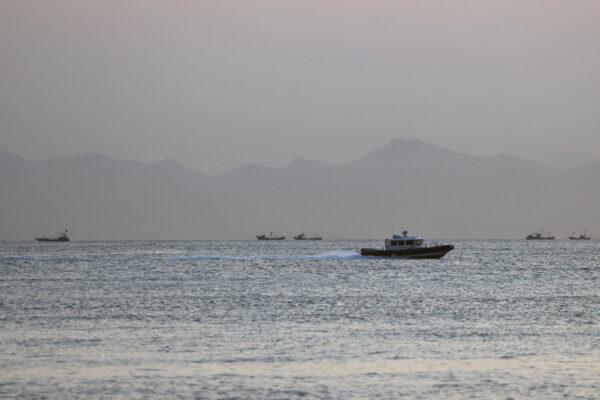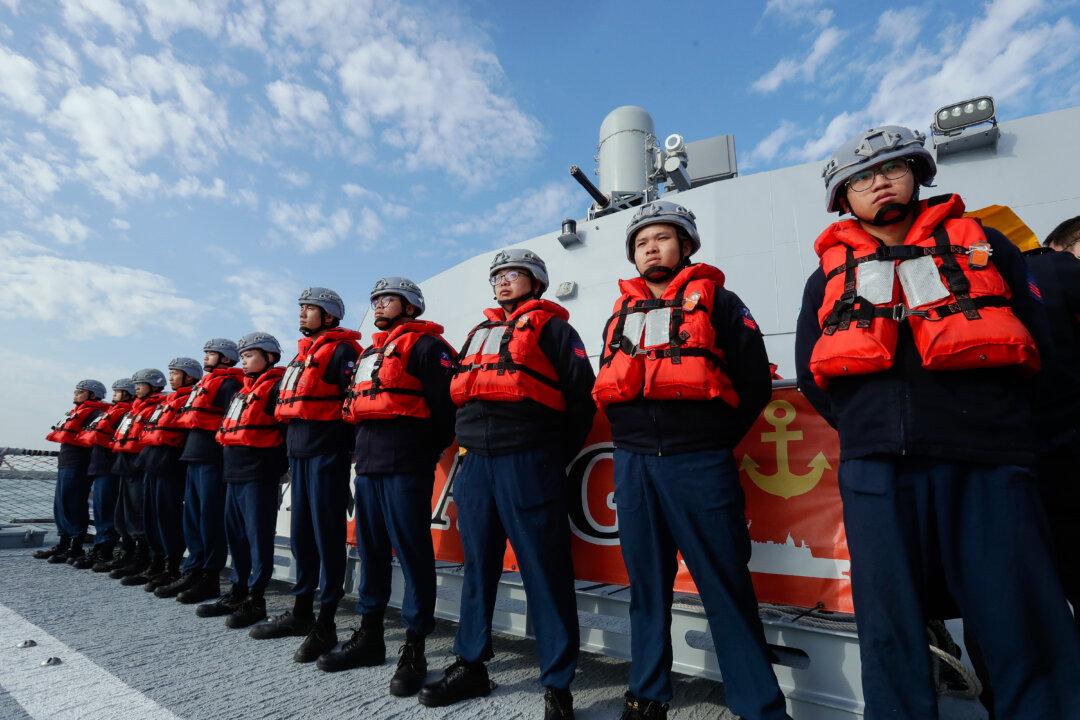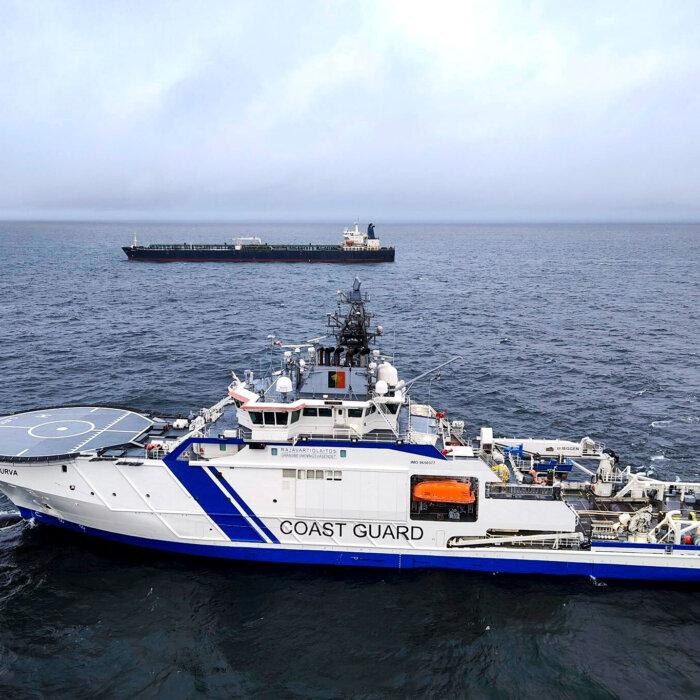Taiwan will step up the surveillance of ships flying flags of convenience, and may board them, after a cargo vessel linked to China was suspected of damaging an undersea communications cable, the government said on Jan. 15.
On Jan. 5, Taiwan’s coast guard claimed a Chinese vessel severed an undersea cable located off the port of Keelung on the north coast of the island.
Although the coast guard could not verify that the ship belongs to China, Taiwanese officials believe it was owned by a Hong Kong-registered company, Jie Yang Trading, with ties to the mainland.
The Taiwanese coast guard was unable to board the ship due to bad weather.
There are many reasons why a ship might fly a flag of convenience, which means registering with a country which is not that of the ship’s actual owner, or home port.
It can be a commercial decision as some countries charge much lower registration fees and do not impose such high levels of maritime bureaucracy as nations such as the United States, Britain, and France.
Last week Guo Wenjie, the director of Jie Yang Trading, confirmed the Shunxin-39 had been in the Keelung area at the time but denied it was responsible for damaging the cable.
Guo told Reuters: “There’s no evidence at all. I spoke to the ship captain and for us it was a normal trip.”
Taiwan’s National Security Bureau published a report on Jan. 15, ahead of a meeting in the Parliament in Taipei on Jan. 16, in which it said it planned to step up surveillance and management of ships carrying flags of convenience.
It said if these ships enter within 24 nautical miles of Taiwan’s coast, and are close to undersea cables, the coast guard will board them and investigate their purpose.
‘Collect Threat Alert Information’
“The bureau will continue to exchange intelligence with like-minded countries, collect threat alert information, analyze developing trends in sabotage techniques and false covers, and share prevention and response experience,” it stated.The bureau said Taiwan would also seek greater cooperation with the United States and European countries over undersea cable infrastructure.
This follows a series of incidents in the Baltic Sea in which undersea cables have been damaged.
In November a Chinese ship, the Yi Peng 3, was suspected of cutting two undersea fiber-optic cables in the Baltic.
Taiwan has become increasingly concerned in recent years about “gray zone” activities by the Chinese around the island, which they fear is designed to pressure it without direct confrontation.
Nation Under Constant Threat
Taiwan—officially known as the Republic of China—is considered a rogue province by the communist regime in Beijing, and the Chinese leader Xi Jinping has repeatedly threatened to invade if Taiwan ever declared independence.Democratic Taiwan has been self-governing since 1949 and has never been controlled by the Chinese Communist Party.
The United States is Taiwan’s most important ally and biggest arms supplier.
Taiwan is facing an increasingly aggressive China, which seeks to seize the self-governing island and project its air and naval power in the western Pacific and beyond.

As an island nation, Taiwan is especially vulnerable to tampering with its undersea cable infrastructure.







